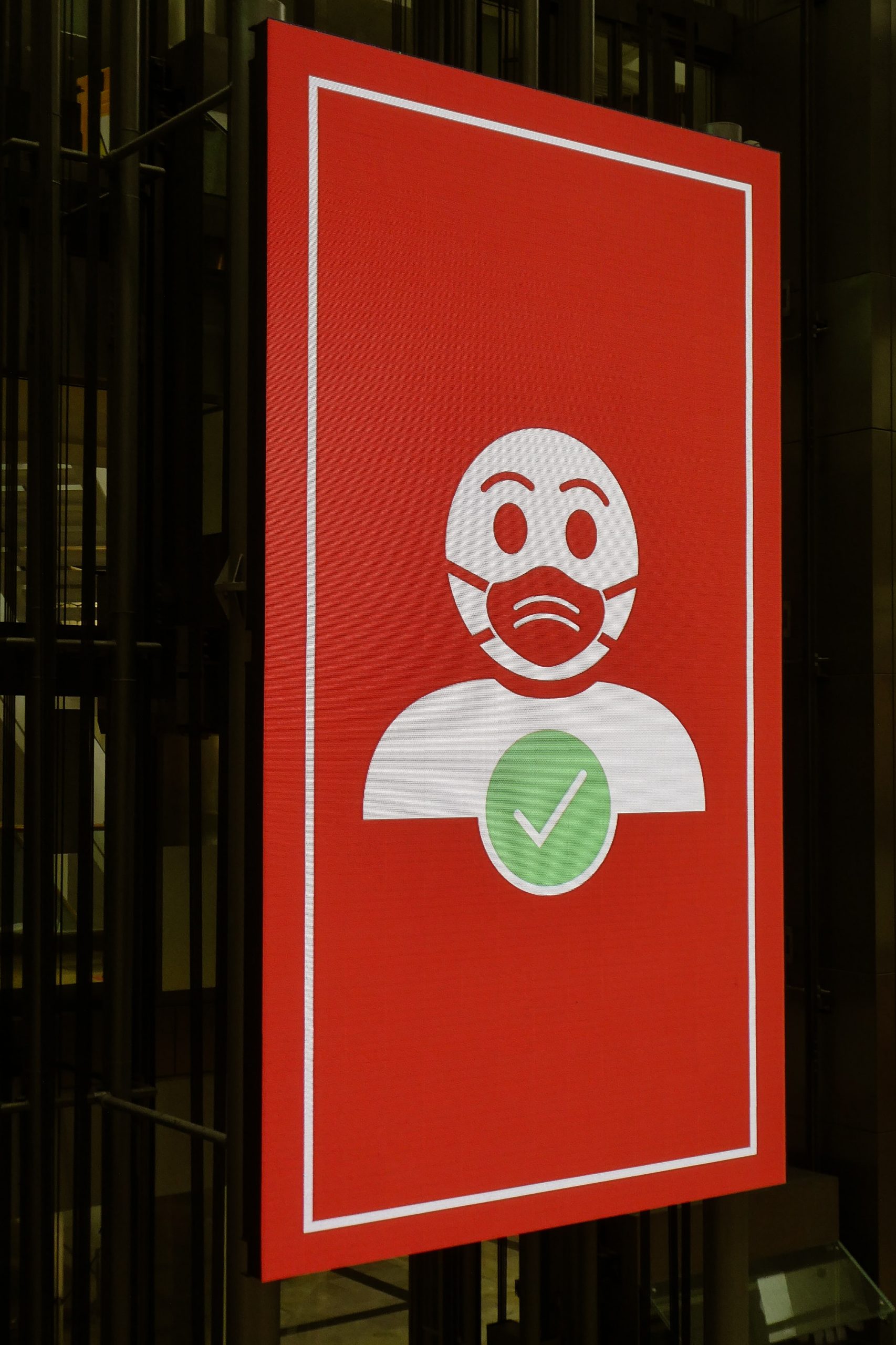Photo by Nick Fewings on Unsplash
Exactly 100 years ago, university students across Germany burnt over 25,000 books which the Nazi regime considered ‘degenerate’. Joseph Goebbels, aptly-titled Minister for Popular Enlightenment and Propaganda, harangued the crowd at the Opernplatz in Berlin saying: “No to decadence and moral corruption: Yes to decency and morality in family and state!” The authorities would now decide what people could or could not read, writes Philip Bushill-Matthews.
One of the Jewish authors whose works were burnt in Germany, Heinrich Heine, commented sagely “where they burn books, they will ultimately burn people.”
Suppression of the written word was not new in European history. Nearly two thousand years earlier, in ancient Rome, Emperor Augustus banned Ovid’s Ars Amatoria because it was considered as promoting immoral behaviour: Ovid himself was sent into exile. In 1560 the Catholic Church published an Index of Prohibited Books (Librorum Prohibitorum) considered as immoral or heretical: the list included works by Galileo who had dared to suggest that the earth revolved around the sun, seen to be against the fundamental teaching of the Holy Bible and therefore the Word of God. This Index would only be formally withdrawn by the Pope as recently as 1966.
Since then the issue of establishing political correctness by diktat has not gone away, but its net has widened. Within living memory, in some countries, books – or even words – have come under the spotlight. This is not because Governments say so unilaterally, but because they consider that some people in some circumstances may take some offence and that the Government’s role is to protect them at all times, just in case.
In present day America, St. Edward Catholic School in Nashville banned the Harry Potter books because they include “actual curses and spells which could conjure up evil spirits”. In Florida, right-wing Governor Ron de Santis is looking to ban over 170 books from local classrooms because they highlight black historical figures or LGBT themes – subjects he considers by definition taboo irrespective of their content.
In the UK, people are increasingly sensitive to how they look. The word ‘fat’ used to be non-controversially a simple noun or adjective, but today some see it as an insult. The children’s books of Roald Dahl are now being re-edited, so that the word ‘black’ has been removed even when just applied to objects. Someone described as ‘enormously fat’ is now just ‘enormous’. In parallel, the wonderful books about Thomas the Tank engine no longer have a Fat Controller in charge: the boss is now Sir Topham Hatt. Is all this really necessary to safeguard the mental state of our non-thin children?
Some words may have racial implications: the novel Black Beauty was banned in apartheid South Africa partly because of the word ‘Black’ in the title but mainly because it was adjacent to the word ‘Beauty’, a conjunction which white Afrikaners found impossible to accept and therefore labelled offensive. In the UK all major UK broadcasters have recently committed not to use the acronym BAME, for Black and Minority Ethnic, because it may be considered demeaning or disparaging.
What will happen to the novel Uncle Tom’s Cabin, whose pages are riddled with the n-word? Should the works of Shakespeare be revisited to expunge such phrases as the remark from Iago to Brabant in Othello, that “an old black ram is tupping your white ewe”?
It was only six years ago, in 2017, that the present definition of ‘woke’, meaning socially aware or progressive in a political or cultural sense, entered the English Dictionary. Since then, despite the best efforts of L’Académie Française, the dedicated guardians of the purity of the French language, this English word has been co-opted and absorbed by the French: ‘le wokisme’ is now accepted in France – the UK’s only new export to the EU since Brexit.
One of the most troubling trends is the way wokeism has become not just a marginal issue but central to political debate. LGBT and transgender rights need to be defended, but surely not by crowding out all other issues? There is an important election for the new Leader of the Scottish National Party following the resignation of Nicola Sturgeon. The relative merits of the two leading contenders, Humza Yousaf and Kate Forbes, are currently being defined by their respective stances on transgender rights and gay marriage. Important though these issues may be, how are they remotely relevant to the wider and complex challenges of coping with the cost-of-living crisis and declining education standards in Scotland?
Banning specific words because they might possibly offend somebody for sexual, racial social or political reasons is overkill. Let there be more tolerance, more freedom to write and freedom to read – and freedom to appoint the best political leaders on the primary basis of their integrity and wisdom.
At the moment – fat chance!




